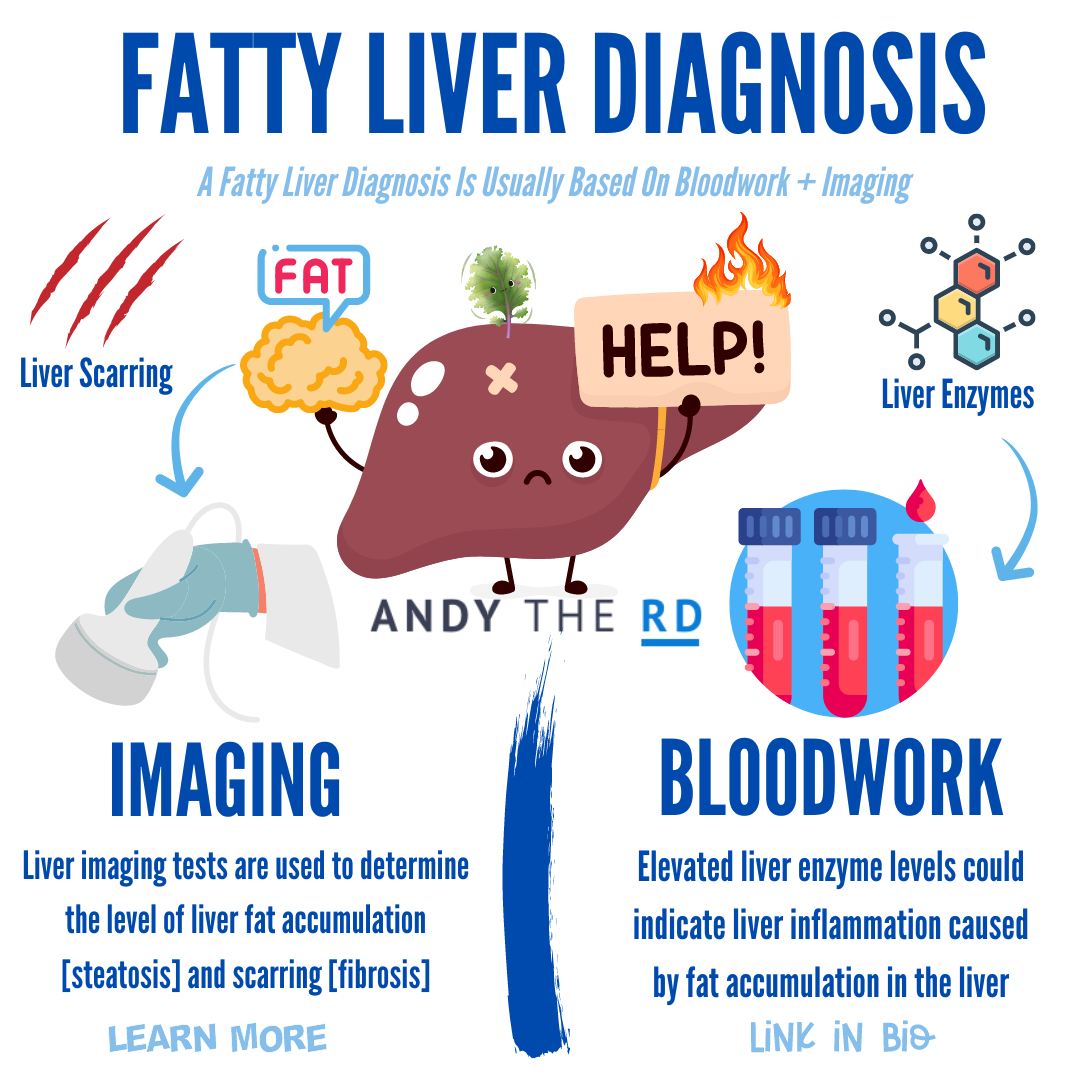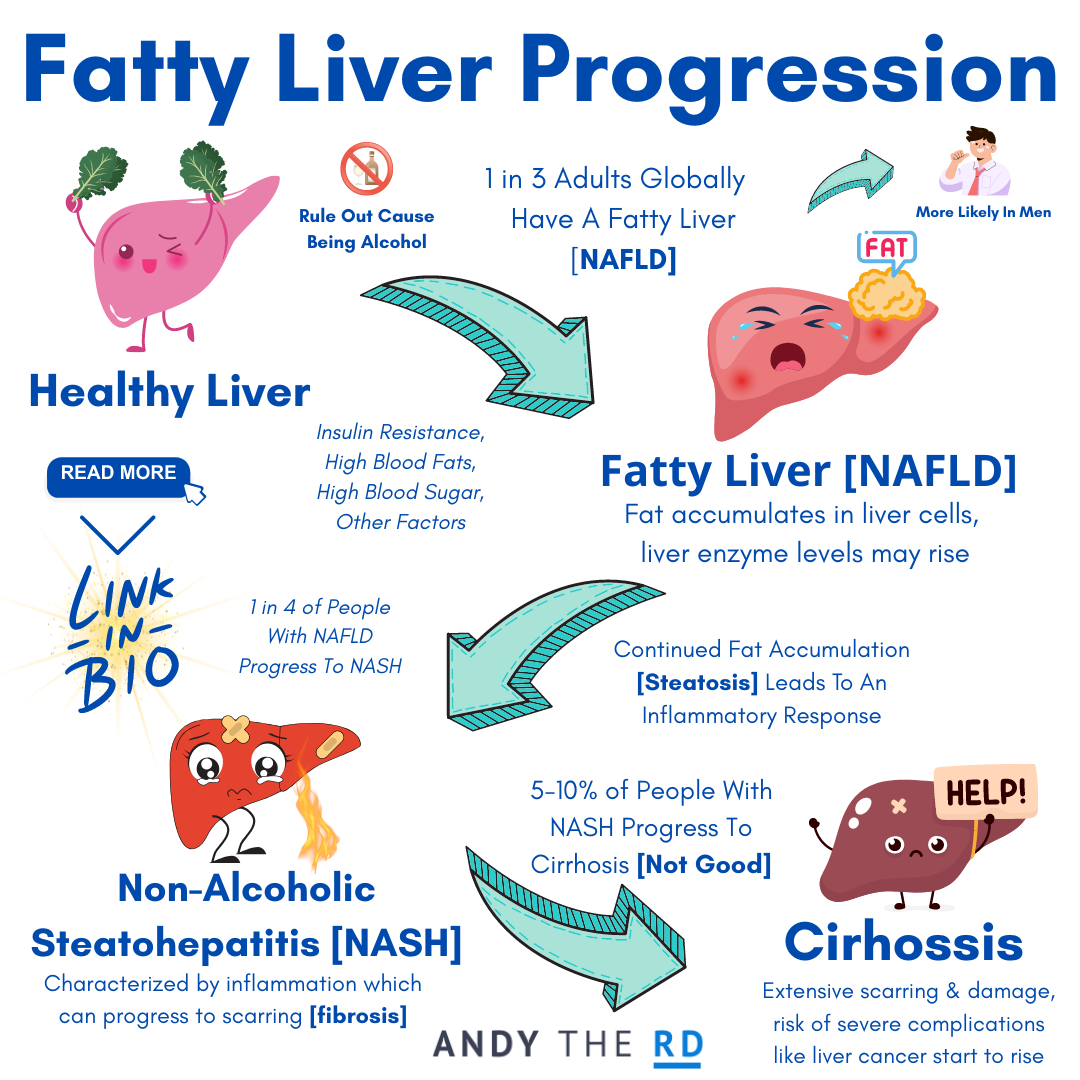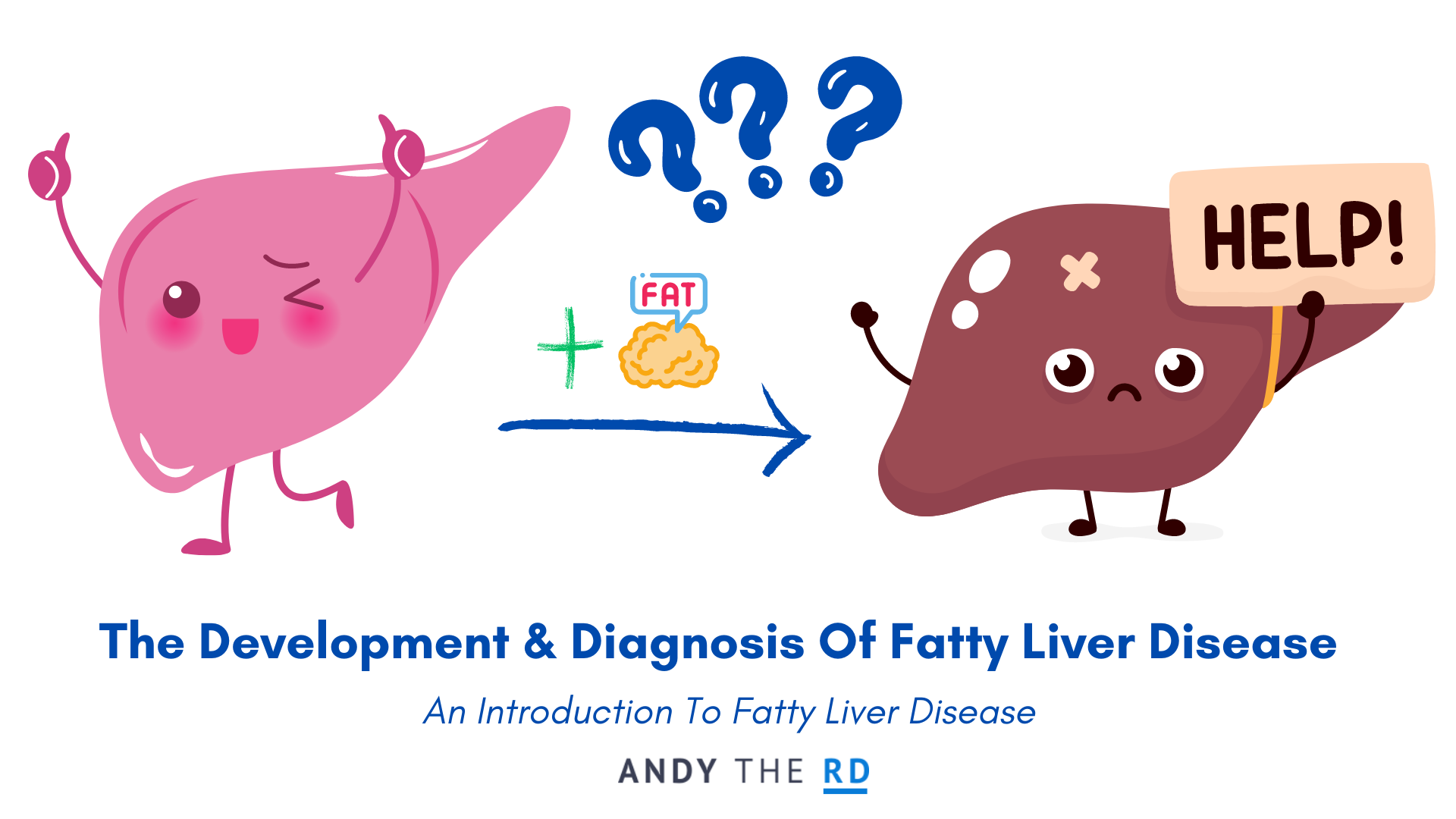Non-Alcoholic Fatty Liver Disease, also referred to as Metabolic Associated Fatty Liver Disease, is the most common liver condition globally and the number one threat to your liver health.
Recent estimates from the acclaimed Lancet journal suggest that 1 in 3 adults globally have a fatty liver, with 25% of them being female and closer to 40% being male.
“Worldwide prevalence of NAFLD is considerably higher than previously estimated and is continuing to increase at an alarming rate.”
The Lancet Gastrology and Hepatology 2022
If you’ve been paying any attention at all to my recent work, you’ll be aware by now that NAFLD is strongly related to diet and lifestyle choices.
In addition to being able to prevent fatty liver disease by eating well, you can also fight back against it after a diagnosis by optimizing your diet and lifestyle choices.
I’ve helped hundreds of clients with NAFLD improve various liver test scores and other relevant markers related to blood sugar, cholesterol, triglycerides and inflammation.
If you find yourself in a position where you need guidance, support and expertise then I encourage you to reach out to learn more about my Fatty Liver Fight Back nutrition coaching program.
As a friendly reminder, there is currently no FDA approved medication for the treatment of fatty liver – dietary optimization and strategic supplementation are your best bets.
With that said, let’s learn a bit more about what this increasingly pervasive condition is all about.
Fatty Liver Diagnosis

It’s all in the name really.
NAFLD is diagnosed when fat has accumulated in the liver at a weight of >5% of the livers total weight and heavy alcohol use ( >21 drinks for men, >14 for women) has been ruled out as a contributing factor.
The most accurate way to diagnose a fatty liver is via a liver biopsy, which may or may not be done depending on your healthcare setting and other factors.
There are less invasive ultrasound-based imaging tests (FibroScan) that can be done to aid the diagnosis and assess the extent of liver damage (inflammation, scarring).
Elevated liver enzyme levels and blood sugar levels (type 2 diabetes) will often also draw a healthcare providers interest into further testing of the liver.
Fatty Liver Development
While fatty liver as a health condition can be relatively simply defined, the causes can be complex and variable.
Ultimately fat accumulates where it shouldn’t be – and this might happen for a variety of reasons.
Such as:
- Inflammation contributing to insulin resistance
- Insulin resistance contributing to improper metabolism of fat
- Increased liver fat production due to other issues related to fat metabolism (mitochondrial dysfunction, excessive cholesterol/triglycerides)
- Further inflammation occurring in response to liver fat storage and gut dysbiosis, leading to liver scarring and further damage.
There’s a lot going on here, and much more than I can share succinctly in today’s piece.
People living with fatty liver disease are more likely to have imbalances between their good and bad gut bacteria and lower than normal levels of omega-3 fatty acids within their level cells, both of which are reflections of dietary patterns which may be lacking in strength and diversity of food choices.

Fighting Back Against Fatty Liver
In order to fight back against fatty liver disease we must leverage a style of eating that can address the primary concerns associated with the condition.
These include:
- Insulin Resistance – Insulin Resistance And Fatty Liver [NAFLD] – Andy The RD
- Inflammation – The Foods That Are Most Anti-Inflammatory – Andy The RD
- Gut Dysbiosis – Probiotics For Fatty Liver Disease – Do They Help? – Andy The RD
- Impaired Mitochondria/Fat Metabolism – Is Too Much Saturated Fat Bad For Your Liver? – Andy The RD
- Physical Inactivity –Physical Activity Helps With Fatty Liver [NAFLD] – Andy The RD
The content linked above is only a small sampling of the extensive work I’ve done in the realm of fatty liver disease
I know every nutritional nook and cranny, and I’m ready to share that knowledge with those who need help.
I Can Help Restore Your Liver Health
Andy De Santis RD MPH




